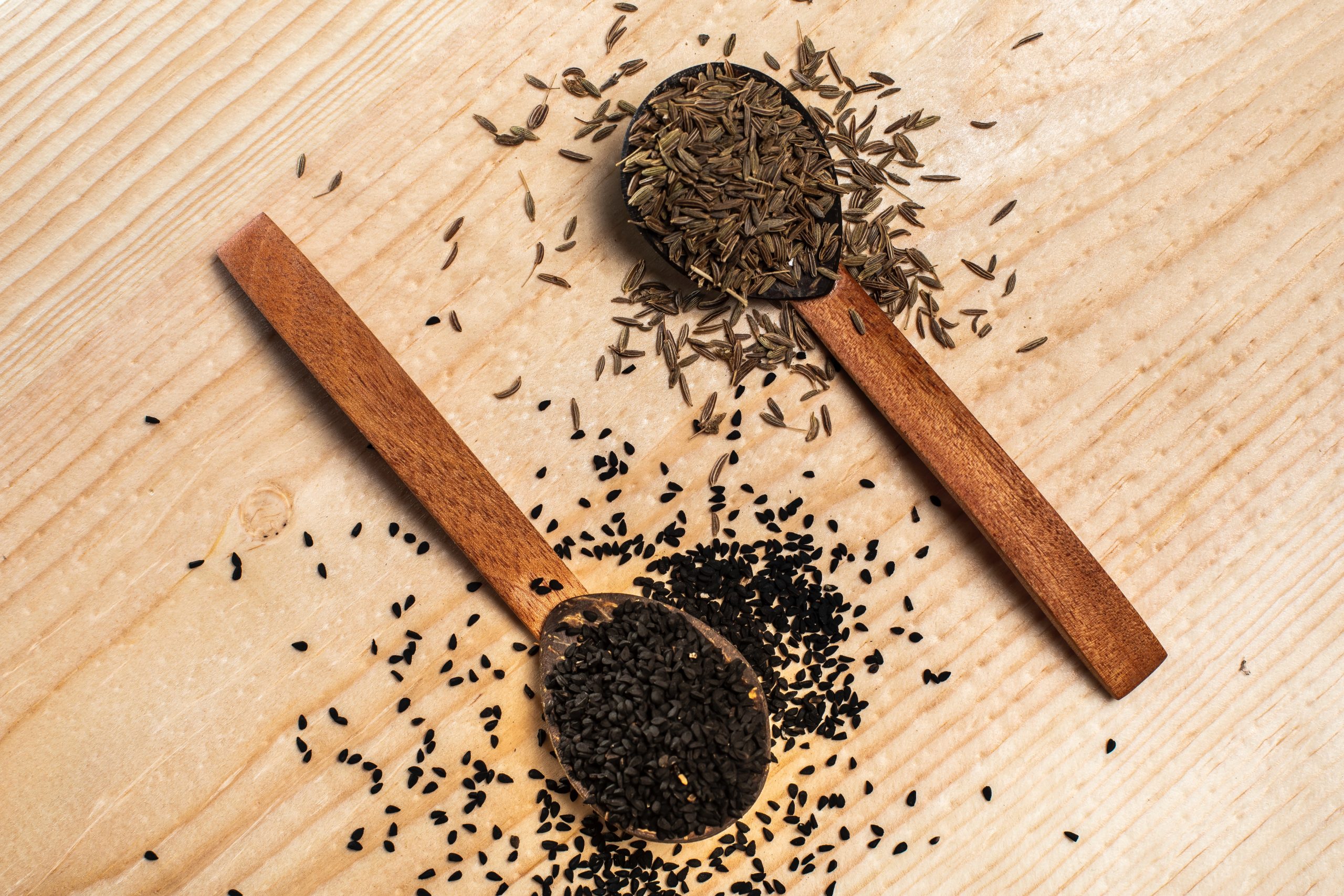Our hormones play a crucial role in regulating various bodily functions, including metabolism, mood, and reproductive health. When hormones are imbalanced, it can lead to a host of health issues, such as weight gain, fatigue, and even infertility. One of the key factors that can influence hormonal fluctuations is diet.
Understanding Hormones
Hormones are chemical messengers that are produced by various glands in the endocrine system. They travel through the bloodstream to different organs and tissues, where they regulate processes like growth, metabolism, and reproduction. There are several key hormones that can be affected by diet, including insulin, cortisol, estrogen, and testosterone.
The Role of Diet in Hormonal Imbalance
Research has shown that certain dietary patterns can impact hormone levels in the body. For example, a diet high in refined carbohydrates and sugar can cause spikes in insulin, which can lead to insulin resistance and weight gain. Similarly, consuming too much caffeine or alcohol can disrupt cortisol levels, leading to increased stress and anxiety.
Balancing Hormones Through Diet
Fortunately, there are steps you can take to help balance your hormones through diet. Eating a nutrient-dense diet that is rich in whole foods like fruits, vegetables, and lean proteins can support hormone production and regulation. Additionally, incorporating foods that are high in omega-3 fatty acids, such as salmon and walnuts, can help reduce inflammation and promote hormonal balance.
Key Nutrients for Hormone Health
There are several key nutrients that play a role in hormone balance, including:
Vitamin D: Helps regulate hormone production and can improve insulin sensitivity
Magnesium: Supports adrenal function and can help reduce stress levels
Zinc: Essential for testosterone production and overall reproductive health
B-vitamins: Play a role in energy metabolism and can help regulate cortisol levels
Tips for Hormone-Friendly Eating
To support hormone health, consider the following tips:
Avoid processed foods high in sugar, refined carbohydrates, and unhealthy fats
Choose organic and hormone-free meats and dairy products whenever possible
Limit caffeine and alcohol consumption, as they can disrupt hormone balance
Incorporate plenty of fiber-rich foods like whole grains, legumes, and vegetables
Stay hydrated and drink plenty of water throughout the day
Conclusion
In conclusion, diet plays a significant role in hormonal fluctuations. By making mindful choices about the foods you eat and prioritizing nutrient-dense options, you can support hormone balance and overall health. Remember to consult with a healthcare provider or nutritionist for personalized guidance on how to optimize your diet for hormonal health.

